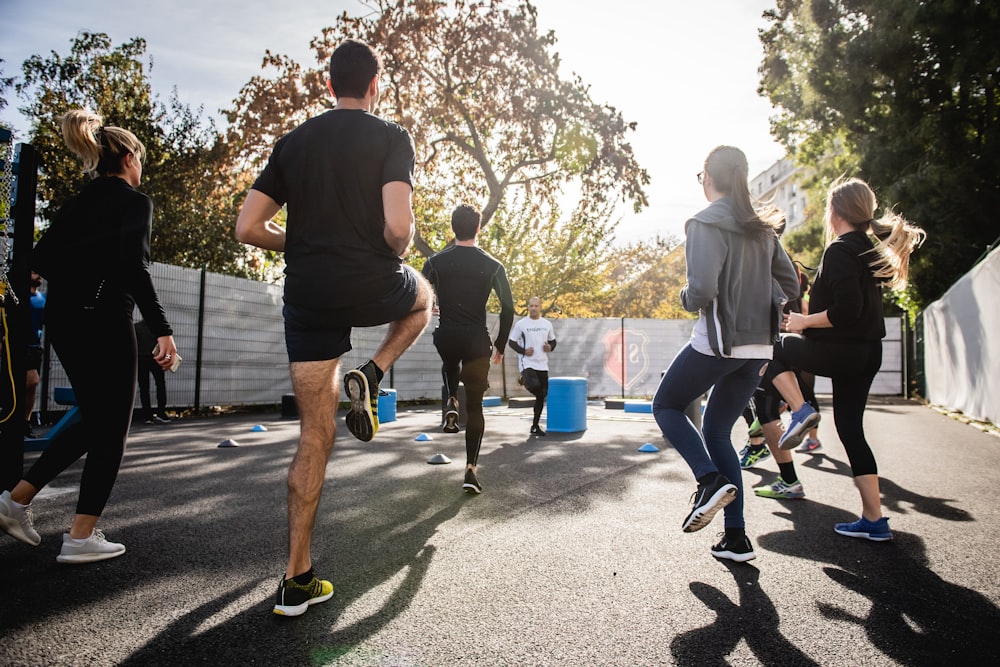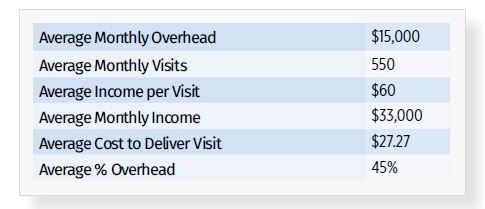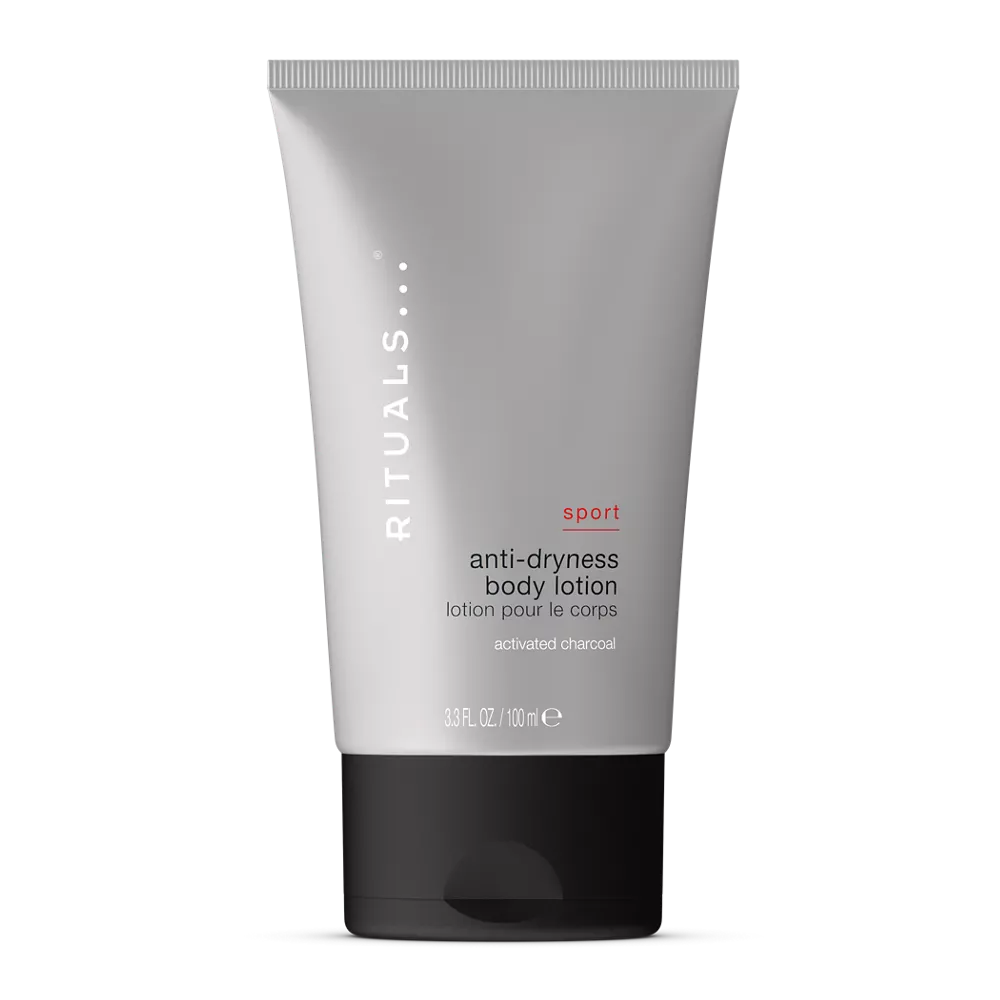
Understanding the Vital Role of Proper Rest in Athletic Health
For athletes striving to reach peak performance, the significance of proper rest cannot be overstated. In the pursuit of excellence, a balanced approach that incorporates adequate rest is essential for both physical and mental well-being. Let’s delve into the various aspects of how proper rest plays a crucial role in maintaining optimal athletic health.
**1. Rest and Physical Recovery:
After intense physical activity, the body requires time to recover. Proper rest allows for the repair of muscle tissues, reduces inflammation, and replenishes energy stores. Athletes engaging in regular training sessions must prioritize sufficient rest to avoid overtraining, which can lead to injuries and performance decline.
2. Mental Restoration:
Athletic performance is not solely dependent on physical prowess; mental sharpness is equally vital. Adequate rest is paramount for cognitive function, concentration, and decision-making. Sleep, in particular, plays a crucial role in consolidating memories and enhancing learning, contributing significantly to an athlete’s overall mental resilience.
3. Injury Prevention:
Insufficient rest can compromise the body’s ability to recover, making athletes more susceptible to injuries. Overuse injuries, stress fractures, and muscle strains are often linked to inadequate rest periods between training sessions. Prioritizing rest days in training schedules is an effective strategy for injury prevention.
4. Hormonal Balance:
Rest plays a pivotal role in maintaining hormonal balance. The production of growth hormone, essential for muscle repair and growth, peaks during deep sleep. Disruptions in sleep patterns or chronic sleep deprivation can disturb hormonal balance, hindering an athlete’s ability to recover and progress.
5. Immune System Support:
Intense physical activity can temporarily suppress the immune system. Proper rest acts as a natural immune booster, helping the body defend against infections. Athletes pushing their limits in training should be mindful of the immune-supporting benefits that come with sufficient rest and recovery.
6. Optimal Performance through Sleep Quality:
Quality of sleep is as important as quantity. Athletes should prioritize creating a conducive sleep environment, including a comfortable mattress, proper sleep hygiene, and a consistent sleep schedule. Quality sleep enhances physical and mental readiness, contributing to optimal performance during training and competitions.
7. Balancing Training Intensity and Rest:
Achieving a balance between training intensity and rest is a delicate yet crucial aspect of athletic health. Periodization, a structured approach to training that includes planned rest phases, allows athletes to optimize performance, prevent burnout, and ensure long-term athletic success.
8. Mental Fatigue and the Importance of Downtime:
Athletes often face not only physical but also mental fatigue. Balancing training with downtime is essential for mental rejuvenation. Hobbies, relaxation techniques, and recreational activities contribute to mental well-being, fostering a positive mindset crucial for sustained athletic success.
9. Listen to the Body:
Athletes should develop an awareness of their bodies and recognize signs of fatigue or overtraining. Ignoring these signals can lead to more severe issues. Adjusting training intensity, incorporating rest days, and seeking professional guidance when needed are integral to an athlete’s long-term health.
10. Embracing a Holistic Approach:
In conclusion, proper rest is a cornerstone of athletic health that cannot be overlooked. Athletes striving for excellence should view rest not as a sign of weakness but as a strategic component of a holistic approach to training. For more insights on the importance of proper rest for athletic health, visit Proper rest for athletic health and discover resources to support your journey to peak performance.
By embracing the significance of proper rest, athletes can optimize their physical and mental well-being, paving the way for sustained success in their respective sports.














%2014.jpg)